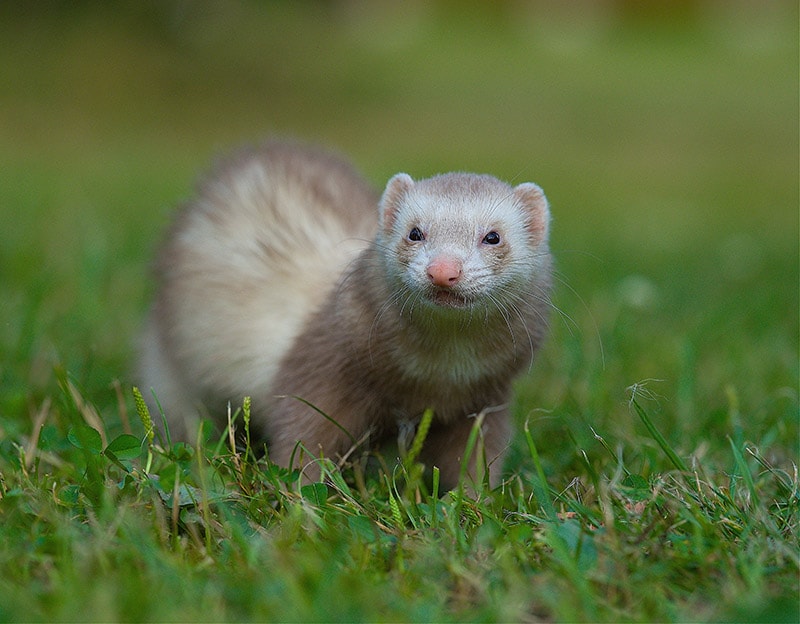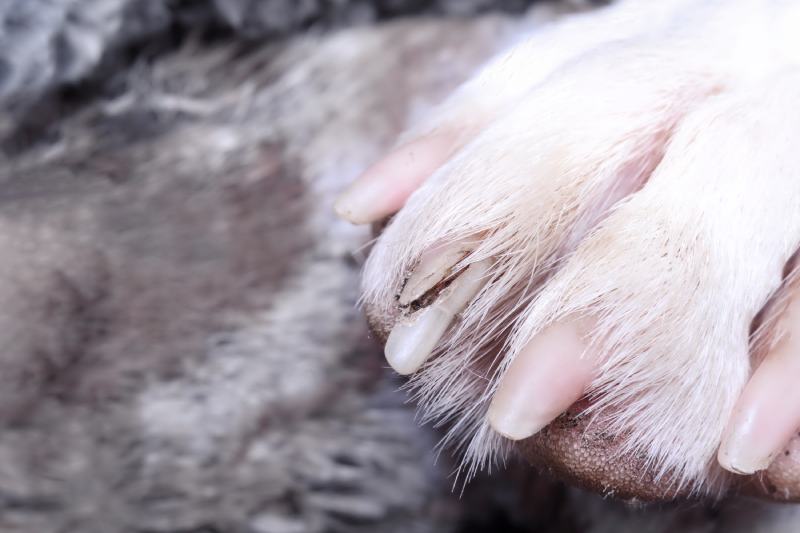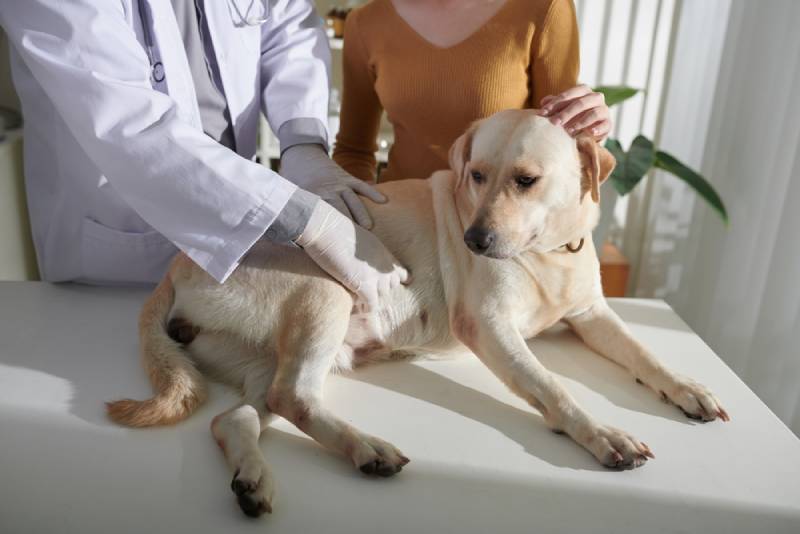Why Is My Guinea Pig Sneezing? Our Vet Explains
Updated on
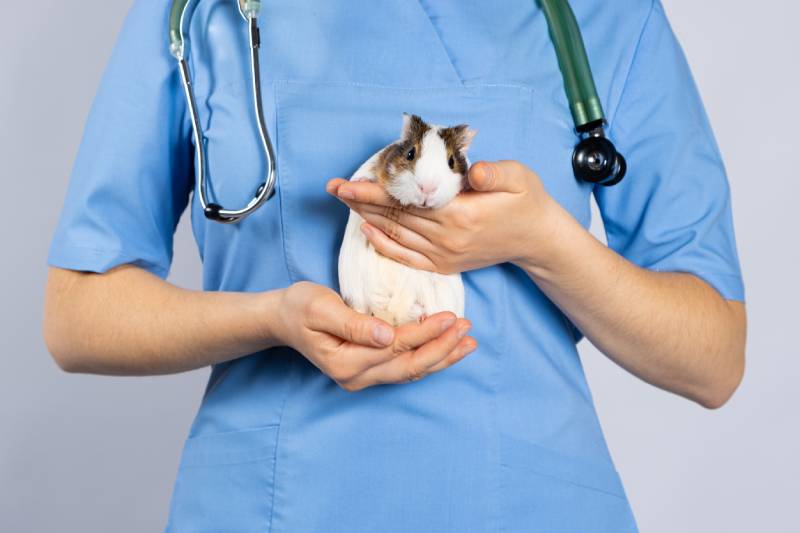
Click to Skip Ahead
Pocket pets like guinea pigs are immensely popular throughout households in the United States. Although they may require less daily maintenance than other species like dogs, they are still at risk for illness and may require veterinary attention. A common sign of potential illness in guinea pigs is sneezing. Continue reading below to learn about sneezing in guinea pigs.
Normal Sneezing Behavior
It is considered normal for a guinea pig to intermittently sneeze when something irritates their nasal passageway. Some owners will report that their guinea pigs initially sneeze when hay is first placed into their enclosure. This is often due to loose dust particles falling from the hay and being inhaled by the hungry guinea pig.
It is important to take into consideration how your guinea pig is behaving. If the only abnormal thing being noted is an occasional sneeze but your guinea pig is not snotty, lethargic, or showing other signs of illness, it is very possible this is just a normal response to a noxious stimulant.
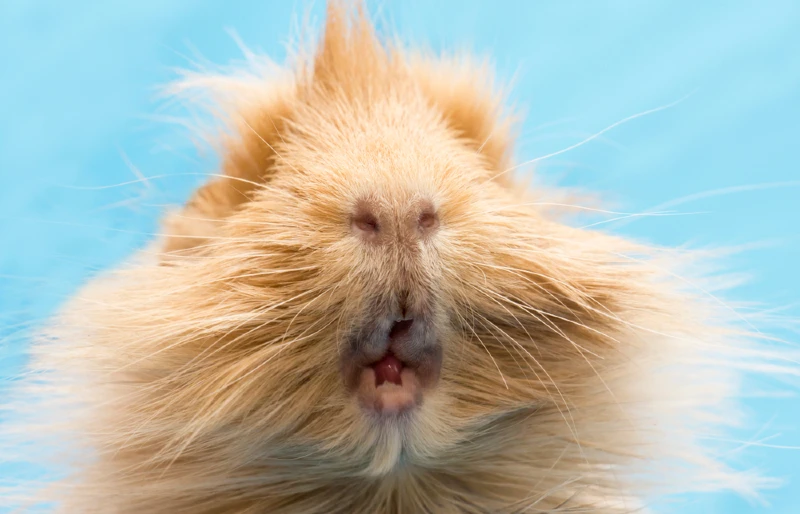
Sneezing Due to Illness
1. Allergies
Guinea pigs can suffer from allergies just like people, dogs, and other species. Guinea pigs may be especially predisposed to the development of allergies due to the substrates that are typically found within their enclosures.
Guinea pigs require some sort of substrate within their habitat, and often, this may be wood shavings. The substrate may have significant amounts of dust associated with it, which can be irritating to the respiratory tract of the animal when accidentally inhaled. Excessive sneezing may be the result of an allergic immune response.
Hay is an essential food source for guinea pigs. Hay has dust associated with it, which can lead to sneezing. There are other products that may be commonly used within the home that can be irritating to guinea pigs. Remember, an occasional sneeze is fine; however, ongoing sneezing may be suggestive of illness.
It may be worthwhile to try a different substrate within your guinea pig’s enclosure if sneezing is ongoing. Consider replacing shavings with fleece blankets to minimize dust. This fabric will require frequent washing. Another possible substrate that may be better tolerated may be shredded paper. Additionally, if you suspect allergies in your guinea pig, try to purchase “dust-extracted” hay, which will have excessive amounts of dust removed.
Prior to placing hay into your guinea pig’s enclosure, gently shake the hay to physically remove some dust. Having your guinea pig in a well-ventilated room will also be beneficial.
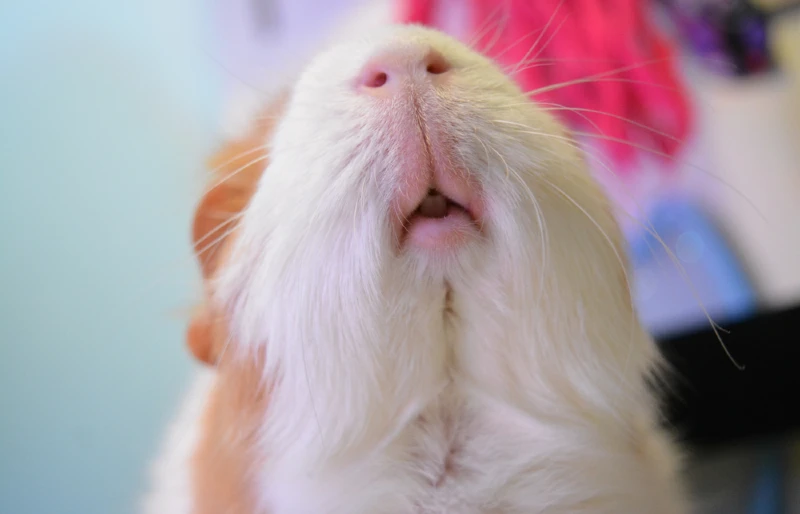
2. Respiratory Infections
Guinea pigs can develop respiratory infections. There are several possible pathogens that can cause a respiratory infection in guinea pigs, with the most common being Bordetella bronchiseptica and Streptococcus species. Bordetella can be passed to guinea pigs from rabbits and canine companions. Being aware of this possibility is critical. Guinea pigs are also susceptible to Adenovirus, another leading respiratory pathogen. Animals sick with respiratory infections will show signs of sneezing, nasal and ocular discharge, and, in severe cases, respiratory distress. Additionally, lethargy and a reduction in appetite may be noted.
Pneumonia can also occur from common pathogens and is considered a leading cause of death in guinea pigs. In severe respiratory infections like pneumonia, wheezing may also be noted in addition to the above signs.
Respiratory infections are treatable if caught early enough. Antibiotics are commonly used to battle respiratory infections when bacterial pathogens are suspected. Be sure to closely follow instructions on treatment protocols provided to you by your veterinarian. Some antibiotics that are commonly used in other species may be harmful to guinea pigs.
Caring for Your Guinea Pig
If your guinea pig is sneezing excessively, it is recommended that you schedule an appointment with your veterinarian for a physical examination. Depending on the suspected cause of illness, your veterinarian will recommend diagnostic tests, which may include radiographs of the lungs.
Once your veterinarian has had an opportunity to assess your guinea pig’s history, perform a physical examination, and do the recommended diagnostics, they will be able to prepare a treatment plan. It is important to follow veterinary recommendations closely. Guinea pigs can be stoic creatures that may not show signs of illness until severely ill. It is essential to closely monitor your guinea pig and to follow up with your veterinarian if your pet doesn’t respond positively to treatment.
A sick guinea pig will benefit from an increase in Vitamin C. It is also important to minimize stress on your guinea pig while they are battling an illness. Try to minimize handling.
It is critical to maintain a sanitary environment for your guinea pig. Dirty cages can predispose to respiratory problems. Sick guinea pigs should be housed separately from other guinea pigs to minimize the chances of spreading illness.
In Summary
If you witness your guinea pig sneezing, it can be concerning, especially if sneezing is excessive. Sneezing in guinea pigs can be due to allergies or infection, or it can be a normal reaction to a noxious stimulant in the environment. It is critical to have your guinea pig evaluated by a veterinarian if sneezing becomes frequent or if other signs of illness are present. Early intervention is recommended, as guinea pigs are very stoic, and they may become quite ill before signs of infection are evident.
Featured Image Credit: Garna Zarina, Shutterstock


